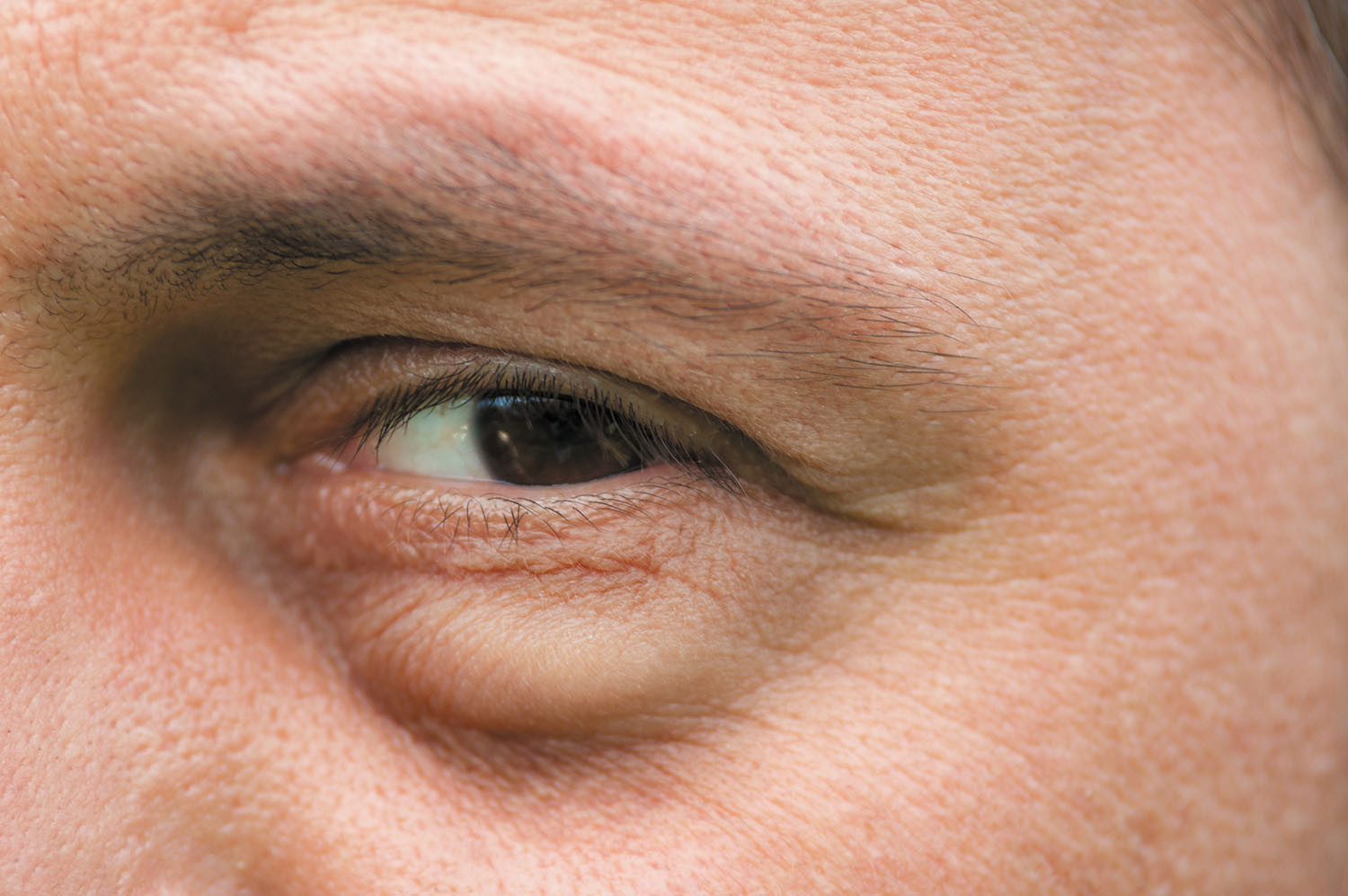
How �� and why �� to fit more fiber and fermented food into your meals

UTI in older women: Why postmenopausal women are susceptible to urinary tract infection, and what to do about it

Can a routine vaccine prevent dementia?

Some adults may need a measles booster shot. Who should get one and why?

Less butter, more plant oils, longer life?

Healthier planet, healthier people

Counting steps is good �� is combining steps and heart rate better?

Appendix pain: Could it be appendicitis?

Can saw palmetto treat an enlarged prostate?

How does Ozempic work? Understanding GLP-1s for diabetes, weight loss, and beyond
Eye Health Archive
Articles
Cataract removal tied to lower dementia risk
An observational study published online Dec. 6, 2021, by JAMA Internal Medicine found that the risk of developing dementia was 29% lower in people who underwent cataract removal, compared with people who didn't have cataracts removed.
Could cataract surgery protect against dementia?
Having surgery to remove cataracts restores blurred or distorted vision, helping to improve quality of life for older adults. Now, a new study makes a strong case that removing cataracts may reduce a person's risk of developing dementia.
Eye diseases linked to a higher risk of dementia
People who get age-related macular degeneration, cataracts, and diabetes-related eye disease may have a higher risk for dementia. Having more than one eye condition may further increase the risk.
Watch out for these balance busters
Many factors can impair balance and lead to falls, such as vision, hearing, or joint problems; medication side effects; and environmental hazards. To improve balance and reduce the risk for falls, one can remove fall hazards from the home, treat underlying conditions that increase fall risk, consider adjusting medications that affect balance, get physical therapy, use an assistive walking device, wear supportive shoes that hold the feet in place, and frequently challenge balance with balance exercises.
Exercising safely with hearing or vision impairment
In your eyes: Clues to heart disease risk?
Back to the doctor
Can wearing contacts harm your vision?
Millions of people wear contact lenses, and with proper use and care they are very safe. However, sleeping with lenses in that are not specifically intended for extended wear can increase the risk of infection in the eye's cornea.
You don't say? Under eye bags and dark circles
What are eye floaters?
Eye floaters occur when the thick, jelly-like substance that fills the center of the eye form blobs that block incoming light. They might resemble spots, cobwebs, or strings. The sudden appearance of new floaters should prompt a call to your doctor, but most often they become less bothersome over time.

How �� and why �� to fit more fiber and fermented food into your meals

UTI in older women: Why postmenopausal women are susceptible to urinary tract infection, and what to do about it

Can a routine vaccine prevent dementia?

Some adults may need a measles booster shot. Who should get one and why?

Less butter, more plant oils, longer life?

Healthier planet, healthier people

Counting steps is good �� is combining steps and heart rate better?

Appendix pain: Could it be appendicitis?

Can saw palmetto treat an enlarged prostate?

How does Ozempic work? Understanding GLP-1s for diabetes, weight loss, and beyond
Free Healthbeat Signup
Get the latest in health news delivered to your inbox!
Sign Up











